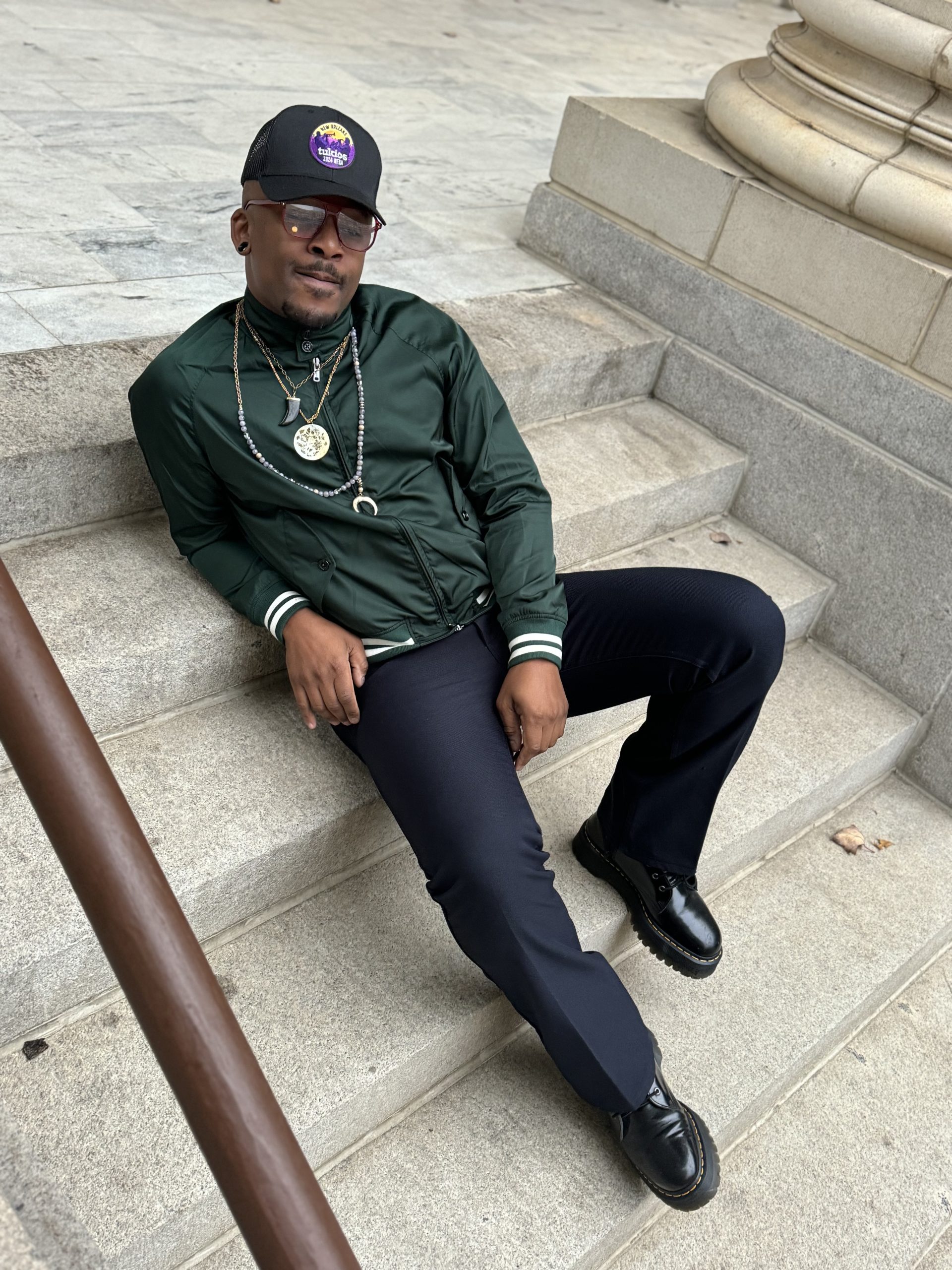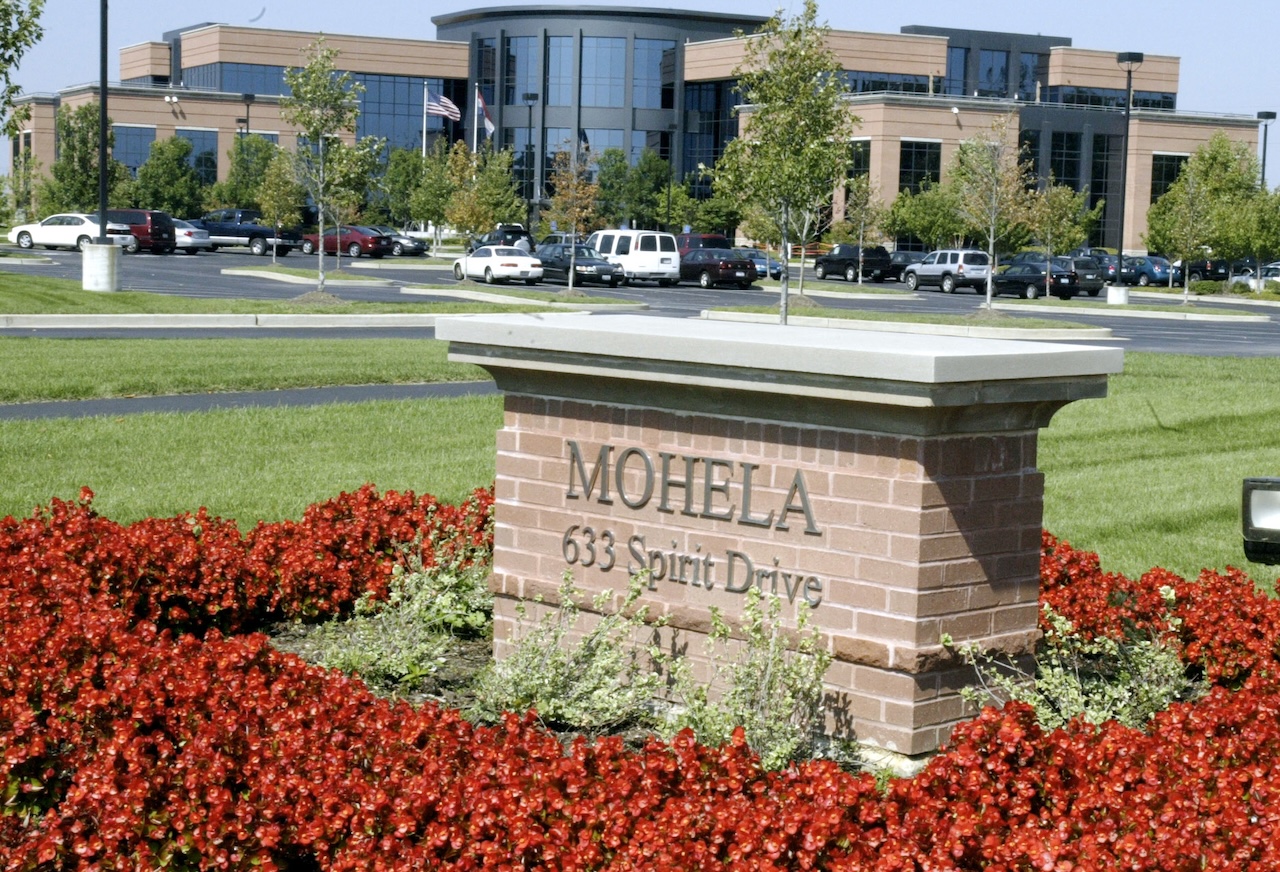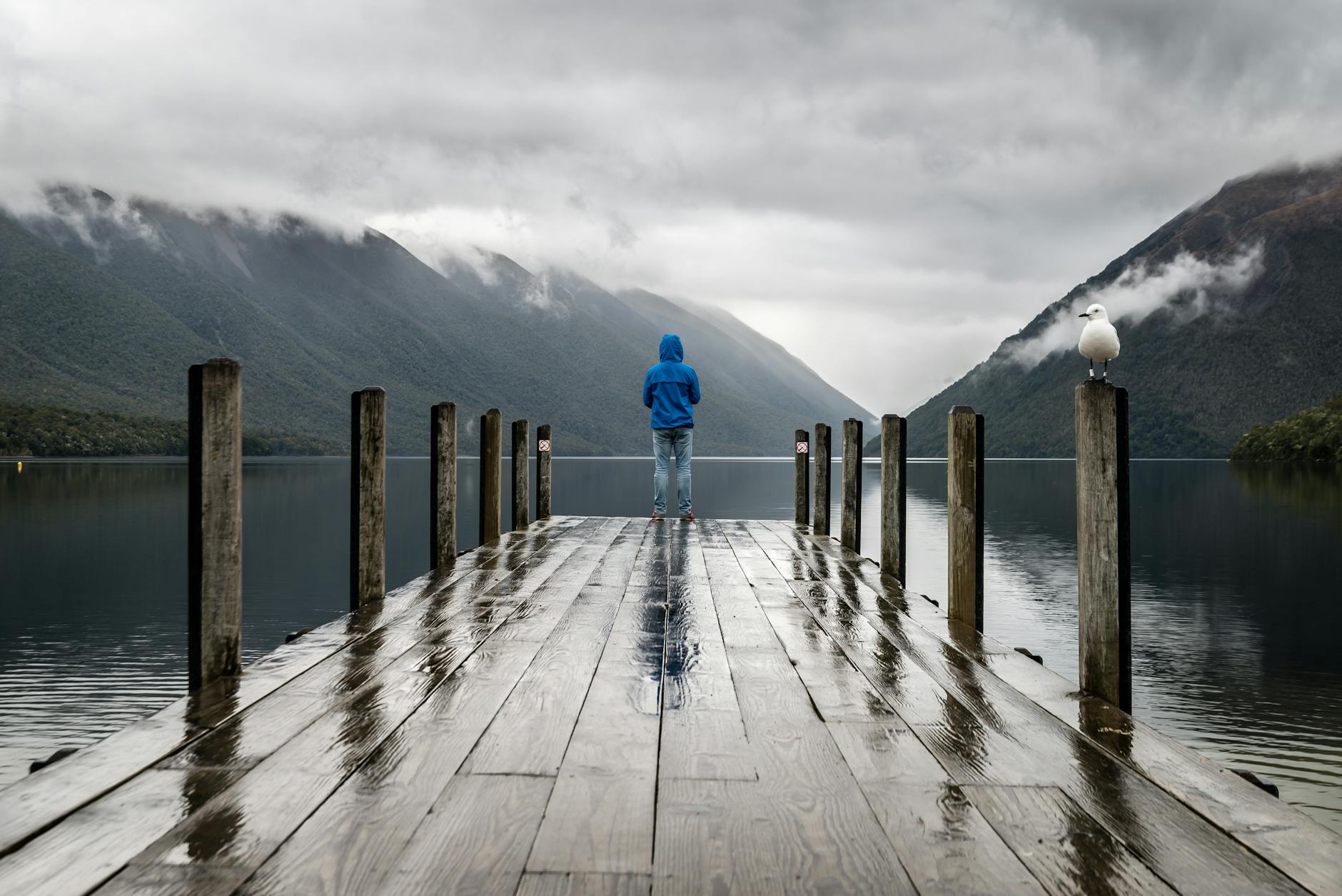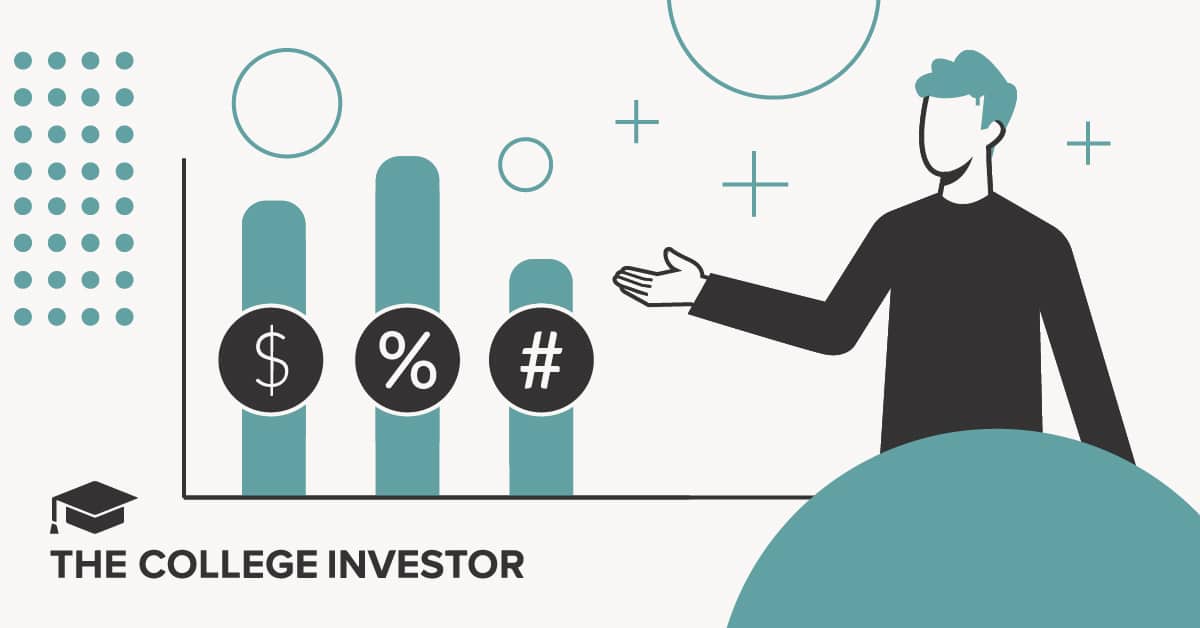“You’re One of Us Now”: Buying My First Gun & Becoming “American”


By Darnell Lamont Walker
Buying my first gun felt like a collision of identity, fear, and history. Guns had always been distant, abstract symbols of something that didn’t belong to me, but rather to others — their way of navigating the world, not mine. It wasn’t just about the weapon itself; it was about what it represented. Especially for someone like me, raised in Charlottesville, Virginia, a place that pretends it’s not as racist as it is but consistently showed me a side of itself others refused to believe existed until 2017 when some of America’s greatest racists showed up to a mass cry fest about the statues the city planned to remove, buying a gun felt like stepping into a version of America that had always seemed wary of me.
Charlottesville was a peculiar place to grow up Black. It’s the kind of place that wears civility like a mask, hiding the ugliness underneath. People often talked about progress, unity and equality. But there was a dissonance between the rhetoric and the reality. On the one hand, it wanted to be perceived as this liberal Southern town, but on the other, it continually showed me just how conditional that warmth was. I’d been followed in more stores than I can count, stopped by police while riding my bike through the University of Virginia because they couldn’t understand how my folks were able to afford it, I had a teacher in High School ask me if I was sure I was in the right place when I walked confidently into his honors course and been told by well-meaning white people, “You’re not like the rest of them.”
Oddly, I didn’t know there were two Charlottesvilles until after the 2017 Unite the Right white supremacist rally when my white friends started using the #NotMyCharlottesville hashtag to publicly defend the town they love while my Black friends sat back thinking, “Hasn’t Charlottesville always been like this?”
Charlottesville was mild. Daytona Beach, Florida, where I went to college, was far more blatant in its embrace of intolerance. Daytona didn’t bother with the polite veil of progressive values that Charlottesville had. It wasn’t subtle. The racism there was in your face, proud, and unapologetic. I felt it when the racists showed up in the city to attend a neo-Nazi music festival and yelled “nigger” out of the window while me and my roommate walked to get juice when my friend Brandon was arrested for disturbing the peace after breaking up a fight between two white boys who the police let go, and when Officer Santiago put a gun to my head, then to my friend Nancy’s and she and I were forced to watch as the police department changed their entire story to cover it up.
Back then, I thought I knew what fear was, thought I had built enough armor to protect myself from the violence that could erupt at any moment. And because I didn’t handle racism well then, that armor was necessary for when I’d black out in rage. In some ways, that rage kept me from ever thinking I’d should own a gun. I’ve seen what I could do with my bare hands. I didn’t want to take it any further than that.
The years between college and recent years were sometimes wild, but mostly mild. The world is still the world, people are still people, and my rage has filtered itself into creativity
Then came 2020, a year that reshaped the country in ways none of us saw coming. The pandemic, the election, the protests — it felt like the country was boiling over, every fault line exposed. That November, I left New York City, a place where I had felt relatively safe, and moved to a cabin in the Chattahoochee National Forest in North Georgia. It was supposed to be a retreat from the noise, from the chaos. It was supposed to be peaceful.
My dad, though, didn’t see it that way. The moment I told him about the cabin, he immediately offered me the shotgun he kept in plain sight in case of emergencies. As I passed through my hometown on the way to Georgia, driving a van filled with everything I owned, he pressed it on me, out of fear. He had done his research on the politics of the area and wasn’t reassured by what he found. Just days before the cabin purchase went through, I learned that 78% of the county I was moving to had voted for Donald Trump, a man who publicly stated there were “good people” among the white supremacists who’d walked with tiki torches through the areas I played as a kid.
I don’t believe that supporting Trump automatically makes someone racist. I’ve always believed that nuance exists, and that people are complex. But what I do believe is that to support Trump, you have to be okay with racism. That was hard for me to swallow as I drove further south, moving into an area where people clearly didn’t view racism as a dealbreaker. My dad, knowing this, was scared for me, and I was a little scared for myself. But I forgot the shotgun, leaving it behind as I made my way to my new home. Part of me didn’t want to think about what it meant to bring a weapon into a place that I hoped would be a refuge. Some other parts of me joked with friends, telling them the thing that would probably make me safest in the area could be something as simple as a MAGA sign in my yard. They’d see me as a non-threat.
Not so surprisingly, the first few years at the cabin were peaceful. I settled in I even made friends. Some are locals — incredible folks who welcomed me with smiles and phrases like, “if you ever need anything, you just holler.” I had conversations about politics, about the world, about where we stood on certain issues. It was important to me to know where they stood, but also let them know, as Robert Jones Jr. once said, “We can disagree and still love each other unless your disagreement is rooted in my oppression and denial of my humanity.” They saw me, and I saw them and the quiet of the forest allowed me to breathe, to forget the chaos I had left behind.
Owning a gun never felt necessary. Even after I made a documentary in 2015 called Seeking Asylum, which told my story of America — my story of racism and fear — I still didn’t feel the need to own one. That film was my way of processing the trauma, of understanding the world I lived in, but it didn’t compel me to arm myself. To that point, I wonder how the film would have been different if I had an inkling of who the Electoral College would choose to run the country the following year.
But recently, something shifted. I don’t know when exactly it happened or why, but the thought of owning a gun started to take root. It wasn’t like a switch flipped; it was more like a slow burn, a realization that maybe the world wasn’t as safe as I wanted to believe. I must note here that I truly believe the world is a beautiful place. There happens to be some ugly people occupying some of the spaces. When a friend I was hosting during his escape from Hurricane Milton mentioned, offhand, that I should consider buying a gun for safety, my immediate thought was, “You’re right.” And that’s how it started — the journey that led me to a gun shop.
The store was a pharmacy and gun shop combined, a strange juxtaposition of healing and harm. When my friend and I first walked in, the place was empty — just us and a couple of workers behind the counter. But as we browsed the glass cases filled with pistols, revolvers, and rifles, more people started filing in. Some had their kids with them, little boys trailing behind their dads, helping to pick out a gun — even pretending to fire them at the wall. It felt surreal. I had never been in a space like this before, where guns were discussed as casually as groceries. Where owning a gun seemed like an everyday, expected part of life.
I spent about an hour learning about every gun in the case. Some looked familiar — like the ones I’d seen in Clint Eastwood or John Singleton films — but I wasn’t sure what I was looking for. The worker was patient, and I could hear joy climbing out of his voice as he went on explaining the differences between each one, telling me stories about how reliable each model was, how it felt in the hand. I asked questions, trying to sound knowledgeable, but deep down, I wasn’t sure why I was there. Was it fear? Was it just the feeling that I needed to fit into this version of America that seemed to be crumbling?
After much deliberation, I settled on a Magnum 357. It just felt right in my hand, heavy and solid, like it could offer protection. Like it could be trusted.
The worker ran the background check, sliding my information into the system. I slid my card through the machine, feeling the weight of what I was doing but trying to ignore it. Then, the worker handed me the gun.
In that moment, something shifted inside me. I felt more American than I was comfortable with. It was a strange, unsettling feeling, like I had just stepped into a new identity, one that I wasn’t sure I wanted. “Now you’re one of us,” the worker said, his tone light but the meaning heavy. I was conflicted. What did that mean?
I grew up hearing phrases like “You’re not like the rest of them” from white people who thought I was somehow closer to them than to my own folks. It always felt like a backhanded compliment because that’s what it was — them telling me I was okay for a Black boy. Was that what this man meant? Did owning a gun make me more American, more acceptable in the eyes of people who had always seen me as an outsider? I didn’t know. I grabbed the box and left.
The gun sat on the counter, in that box for a little over a week. On October 17, 2024, I went to the gun range and shot my gun for the first time. I’m still trying to make sense of it, of what it means to own a gun in a country that has always made me feel like I needed protection from it. I’m still figuring out who I am in a world where violence is so often the answer, and where owning a gun feels like both a necessity and a betrayal of the peace I’ve fought so hard to find.
In the meantime, I’m learning how to use it, making it a part of my life. Before I pulled the trigger the first time, I thought maybe it should have stayed in the box, a symbol of a decision I made in a moment of uncertainty, a moment where I wasn’t sure if I was protecting myself from the world or becoming a part of it in a way I never wanted to be.

The American Federation of Teachers has amended its lawsuit against MOHELA, alleging ongoing and systemic student loan servicing failures that...

Imagine having the freedom to pursue your dreams without the constant worry of financial strain. This is the reality for...

Refinancing medical school loans can be a simple way to save money during loan repayment. The key is to shop...